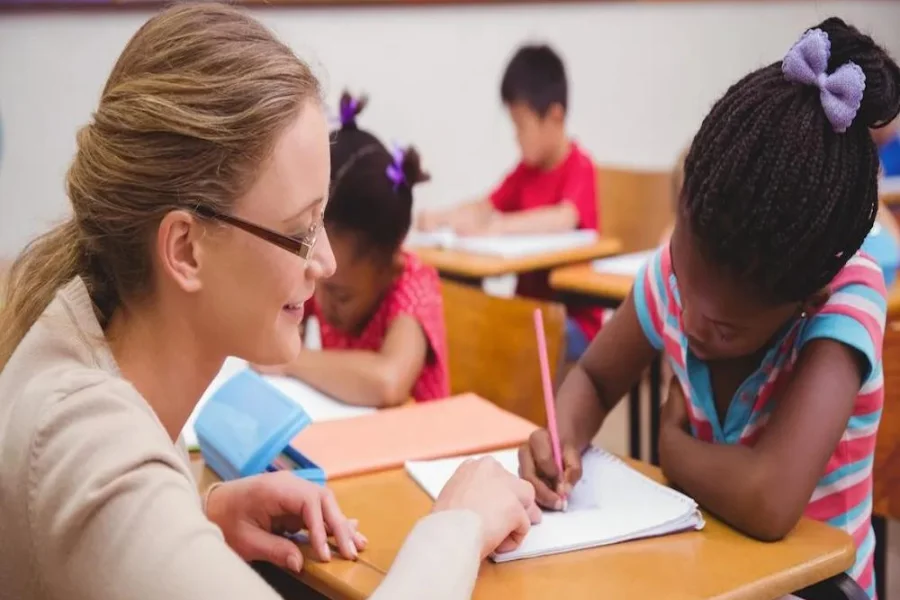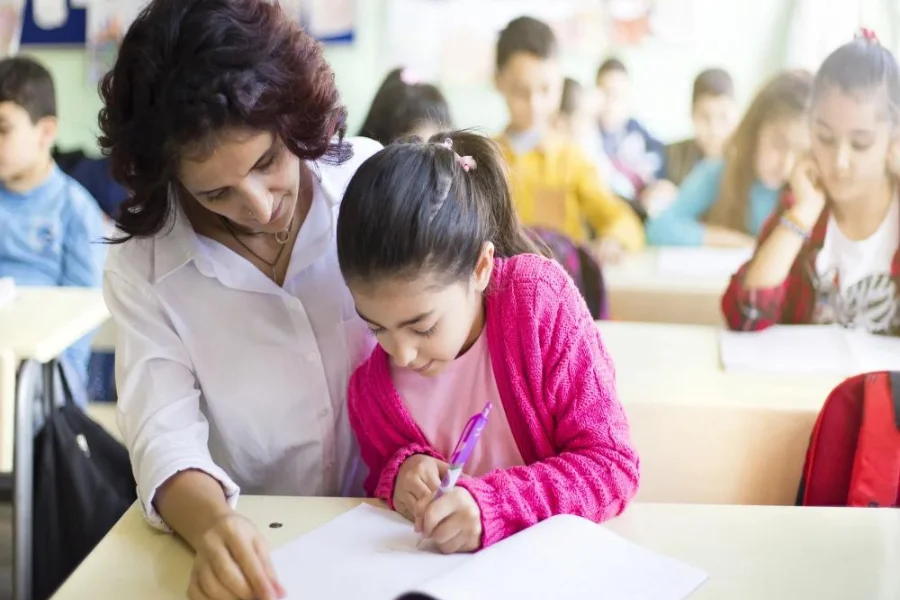
Source: thehansindia
Delayed Developmental Milestone is a process that is pre-determined by a certain set of indicators that help to determine whether a child is developing in an orderly manner. But although the developmental pattern is same for everyone it isn’t necessary that every child will grow at the same pace. Small steps often lead to long journeys which implies that when the child makes small developments and achieves age-appropriate developmental milestones the lifelong journey of the child is smooth. Some essential milestones such as crawling, moving with their buttocks lays the foundation for a crucial motor skill of walking.
However, when the child fails to achieve these it is a indicator that there might be some developmental delay which can hamper the child’s progress leading to huge gaps. When a milestone is missed it can be a sign that the child might be under the danger of some impairment that can be a major hindrance for his successful future.
Detection of a delayed developmental milestone helps to understand the underlying areas of concern and accordingly the child’s educational plan is devised to tackle these issues and ensure that the child can function independently in a regular classroom with minimal assistance.
For more details of Best SEN Course, Call / WhatsApp on +919321024137 / +919869866277.
Click here to download the Best SEN Course brochure!

Source: freepik
How to Identify Delayed Developmental Milestones?
Identifying Delayed Developmental Milestones initially help kid to get the right support for their growth and skills development. Children usually reach certain developmental skills within expected duration, but may struggle with delays in important areas, identify a need for right guidance.
Here are some important signs to look for:
Motor Skills
- Not rolling over by 4 months
- Not sitting up without support by 8 months
- Not crawling by 10 months
- Not walking by 18 months
- Struggles with fine motor skills like grasping objects or using utensils
Communication
- No babbling by 6 months
- No first words by 12 months
- Difficulty understanding simple instructions
- Limited vocabulary or difficulty forming sentences
Cognitive Skills
- No response to their name
- Lack of object stability (believing an object dissolves when hidden)
- Difficulty with problem-solving or understanding cause-and-effect
Social Interaction
- Limited eye contact
- Lack of smiling or social expressions
- Issues include being socially cordial with children of their age and not being able to form meaningful friendships.
On formal assessment, if a child displays delays in more than one of the above listed areas, it is recommended to meet the concerned professional, such as a paediatrician or an occupational therapist, to list the following steps for remedial interventions.

Source: sanalifewellness
How Can I Help my Child with Developmental Delay?
A Parent clearly understands the strengths and weaknesses of the child and can be a strong force to support the child by creating a conducive learning and growth stimulating atmosphere at home that helps them build crucial abilities.
Here are some effective ways to assist in their development:
Explore innovative play-focused learning methods.
- When children are encouraged to take the lead and perform the activity by themselves, it instils in them a sense of confidence to try more to understand and perform the task better.
- Use interactive software such as attractive video aids, use clay dough activity to foster the child’s fine motor skills.
- Give the child ample outdoor play opportunities that help them burn their extra energy, keeping them calm and helping them develop social interaction skills.
Promote Language and Communication
- Read with your kid regularly to improve language skills and understanding.
- Talk and interact during the day, relating activities and positive responses.
Design and follow Structured Schedules
A Visual Time Table or Routine can be the easiest tool to help the child get rid of any anxiety with regards to performing something new. A graphic schedule can be highly attractive that helps the child to follow the various activities listed for the day bringing a sense of order and discipline into their lives
Limit Screen Time
Keep screen time to less than one hour per day and support interactive activities that promote learning as well as participation.
Provide Positive Reinforcement
- Offer consistent help and praise to increase confidence and self-esteem.
- Respond lovingly and positively to your kid’s efforts, even when progress is slow.
Seek Professional Support
- Talk with your child’s paediatrician regularly for guidance on developmental progress.
- Stay in touch with your child’s intervention services coordinator and healthcare providers for
Tailored support and strategies.
Invest time in yourself to maintain your emotional well-being that lifts you from any emotional melt-downs.
Although the pace at which every child progresses is different, the little steps that are taken consistently can make a huge difference to the overall well-being of the child. Providing a supportive, structured, and loving atmosphere helps them boost confidence and skills over time.
Can a Child Recover From Developmental Delay?
A developmental delay can only limit the pace of the child’s progress, but with constant guidance and aid from the educators, therapists, and parents, children can bridge the academic gaps and be at par with the other children of the same age. While some delays may reduce over time, others might require ongoing support through therapy and education. A well-made Special Education Needs Course can be highly beneficial in addressing these challenges and helping children reach their full potential.
Factors Influencing Recovery from Developmental Delay:
Early Intervention
The earlier a kid gets support, the better their chances of improving skills in areas like motor function, speech, and social interaction.
Well-ordered timely therapy
The different therapy implementation of speech, occupational therapy, and physical therapy helps children to make significant progress that fosters their developmental skills.
Parental and community Involvement
When the parents and the community at large are involved in the child’s progress, it helps the child to build high self-esteem, making them feel valued and appreciated.
Special Education Programs
Joining in a Special Education Needs Course provides personalised strategies to support children with learning and developmental delays.
How a Special Education Needs Course Can Help?
Provides effective teaching techniques for parents and educators to support children with developmental delays. Focuses on individualized learning plans that cater to a child’s unique needs. Helps in understanding behavior management strategies to create a positive learning atmosphere.
Institutions like Vidhyanidhi Education Society (govt. Regd.) offer a Special Education Needs Course designed to prepare teachers and caregivers with the information and skills to help children with developing challenges. With proper help, structured learning, and patience, many children can overcome delays and develop essential skills to succeed in school and everyday life.
Join our Best SEN Course at Vidhyanidhi Education Society!
For more details of Best SEN Course, Call / WhatsApp on +919321024137 / +919869866277.
Click here to download the Best SEN Course brochure!
FAQs
Which Behaviour of a 3-Year-Old Child Indicates Delayed Development?
Rigidity towards social interaction, no eye-conatct, not responding to their names being called , poor motor skills can be a few hints to understand there is delayed development.
How to Teach a Child with Developmental Delay?
Teaching a child with developmental delay includes incorporating process of chunking, using a variety of multi-sensorial aids and designing a proper schedule
What is a Red Flag Behaviour for a 3-Year-Old?
No social interaction, less speech, repetitive behaviours, not able to understand instructions, or not interested in atmospheres.



